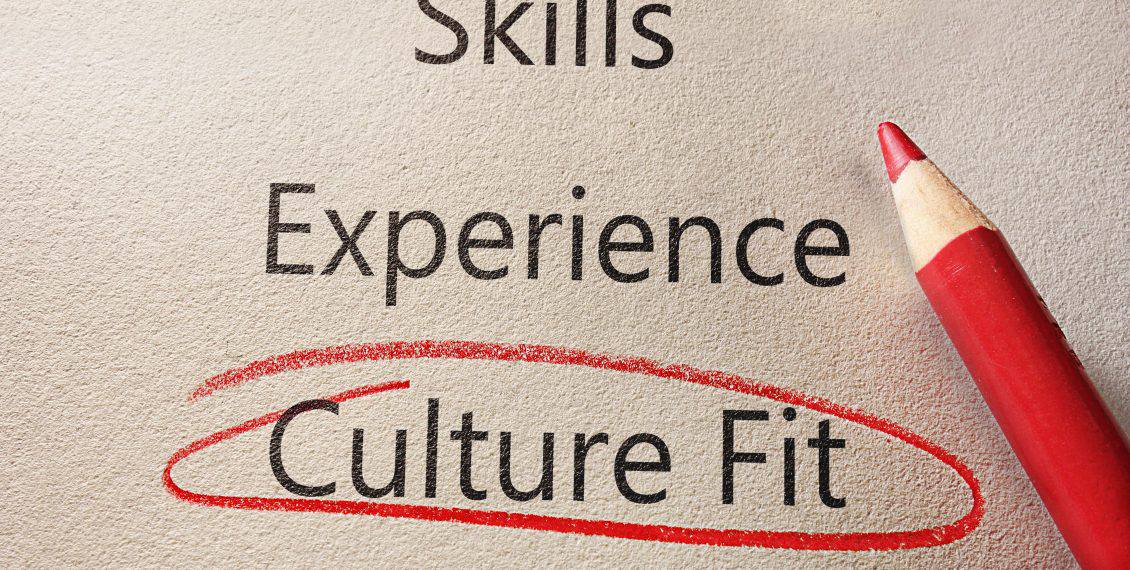Recruiting the right person for the job always sounds easy.
But, then, the applications start coming in and, as interviews begin to take place, you suddenly realize that there’s a lot more to consider than just qualifications or academic success. The reason why recruitment proves to be so difficult is because there are so many moving parts happening at once. Not only are most jobs fluid, but so are people and their personalities.
Because more and more organizations are focusing on the overall quality of a hire, rather than just time to fill, it’s more important than ever to ensure your hiring practices are designed to hire the right person – including fit for the role, the team and the company.
This means recruiters need to evolve how they assess candidates, which means evaluating everything a potential hire brings to the table— from self-awareness and self-management, to interpersonal communications and conflict management, to work preferences and leadership style.
By understanding and leveraging the aspects of emotional intelligence (EQ), recruiters are able to be more effective in their decisions, choosing the right person for the job over and over again.
How to Leverage EQ in Recruiting
In order to improve the quality of hires overall, EQ needs to be observed and evaluated throughout the recruitment process. And, while there are a variety of effective ways to do this, the following three tips will help any recruiter harness the power of emotional intelligence in the workplace.
Develop Meaningful Job Descriptions
Getting the right hire all starts with writing an effective job description.
Rather than just listing out stale skills or experience requirements that are copied and pasted from years gone by, a good job description will zero in on the fundamental behaviors expected of the candidates today and tomorrow.
In other words, focus on the qualities a candidate needs to bring to the table, rather than a checklist of qualifications. These qualities are the “softer skills” that differentiate between two people who often look identical on paper.
When coming up with these behaviors or “soft skills” to include, be sure to consider the culture of the company. What makes the company unique? How does it feel to actually work at the company? What does success look like working here?
Let the job description make it clear about what type of personality you’re looking for in this role. If you do, you’ll quickly realize that your overall success rates will be much higher.
Integrate Psychometric Assessments
Psychometric assessments evaluate a candidate’s emotional intelligence capabilities and behaviors.
Using psychometric assessments will help you identify the right person beyond their initial qualifications and credentials. Getting a good idea of a candidate’s unique personality, for example, will help you better understand who you are hiring, rather than just the skills or experience they have.
Integrating these assessments, either before or after interviews, not only gives you a more in-depth understanding of each individual, but they provide you with actual data that can support your final decision.
Ask Emotionally Intelligent Questions
During the interview process, it’s crucial that you’re prepared with questions that will actually provide you with insights you can objectively evaluate. This type of preparation and forethought is often the difference between a valuable interview and one that’s done just for the sake of doing it.
The right questions to ask in an interview all allow a person’s EQ to be observed. That means that factors like self-awareness and self-management should be able to be evaluated during and after the interview process.
To learn more about a candidate’s self-awareness or their ability to self-manage, you could ask questions like:
- What would your colleagues or direct reports say if they were asked to describe you? How does that differ from how you would describe yourself?
- When was the last time you disagreed with someone? What happened and what did you ultimately decide to do?
- How would you describe your natural work style and preferences? When under stress, how does this change?
- What is a recent example of where you had to adjust your natural communication style to have others better understand or buy into what you were requesting/saying?
- How often do you check in with others to see how they are feeling or what they are thinking? How naturally does this come to you?
All of these questions can be followed up with asking for an recent example (in a behavioral interview format) to better understand and evaluate a candidate’s EQ.
Whether the candidate can respond to, or provide quality responses, is a measure of the 4 aspects of how emotionally intelligent they are. This, coupled with a good psychometric assessment tool can lead to more effective interview conversations.
By gathering these critical candidate insights, you will make a more empowered, educated recruitment decision.
If you are looking for ways to improve your hiring practices by leveraging EQ in the assessment of your candidates, take our free Lumina Splash assessment right on your mobile device.

